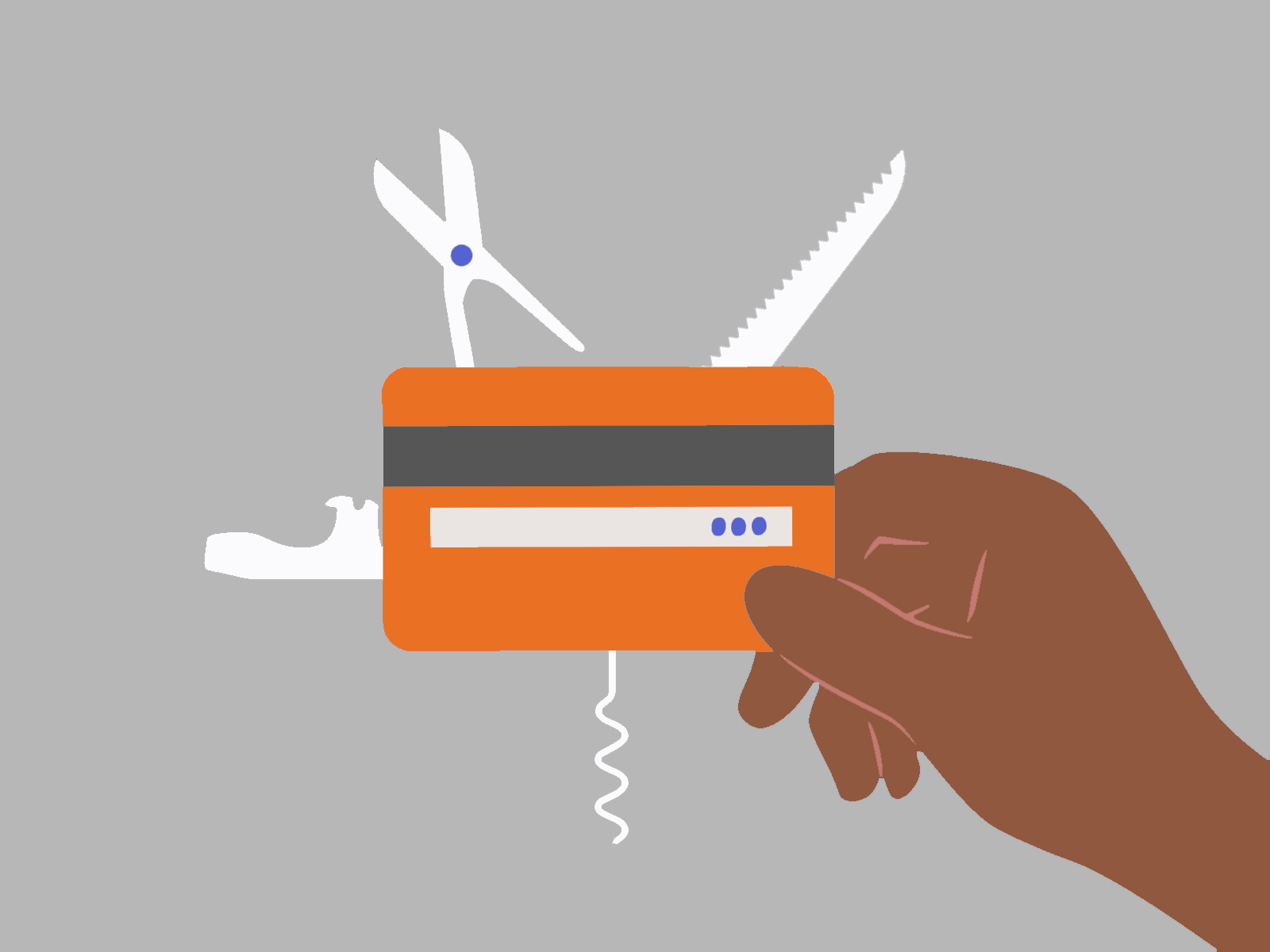Has your credit card use changed recently?
Canadians are using cash less these days. That doesn't necessarily mean they're spending more, but with increased online shopping, it's only natural that credit card use is on the rise.
If you're using your credit card more often, there are a few things you'll want to consider.
What to watch out for if your credit card use has changed:
1. Check for errors in your statements
Unfortunately, there appears to be an uptick in credit card fraud these days. To prevent becoming a victim, check your statements and account regularly and make sure there's no suspicious activity.
Significant charges are easy to spot, which is why thieves will sometimes try to process a smaller amount first to see if you're paying attention. They may even make the charge look like it's coming from an online retailer that you've used in the past, so double check your statements.
If there's a purchase that you don't recognize, call your credit card provider right away to open an investigation. Mobile and/or email alerts for your card transactions are also useful tools that can help you monitor charges to your card.
2. Carrying a balance for the first time
People who have experienced layoffs or increased expenses may find themselves carrying a balance on their credit card for the first time. If this applies to you, try to pay as much as you can on time each month, or at least make the minimum payment by the payment due date each month.
If you're really feeling a cash crunch, call your credit card provider and see if you qualify for any financial relief. Or, you may want to consider applying for a credit card that has a balance transfer option with a low interest rate or has no annual fee. If you qualify, this can help you with your cash flow, but your debt will eventually need to be paid.
3. Look at your credit card perks
Travel rewards credit cards provide users with points or miles that can be used for travel, and although few people are travelling these days, that doesn't mean the points can't be used.
Many programs allow redemption of points for gift cards or a statement credit.
Using your points is great, but odds are that your other perks such as travel insurance and lounge access are going to be left unused for some time. If you'd like benefits that you can use right now, consider transferring to a credit card that gives you other benefits that you may need now such as cash back, mobile device insurance or roadside assistance.
4. When did you last ask for a credit limit increase?
Now may be a good time to consider the pros and cons of increasing your credit limit. If you have a specific large expense coming up that you need to pay for, it could make sense to request an increase to your credit limit. Perhaps it's been years since you've asked for a limit increase and your goals have changed since then? Remember, you can always lower your limit later.
That said, if you find that your spending hasn't changed, there's no reason to increase your limit. Although that higher limit can come in handy, some people may spend more than they usually would have, so hold off if you have any concerns.
5. Keep track of your spending
Tody, some people are charging more purchases to their credit cards, while others have reduced their spending. Regardless of where you stand, it might be a good idea to track your spending during this time just to see how you're doing. By keeping an eye on your money and where you are spending, you can make adjustments along the way.

